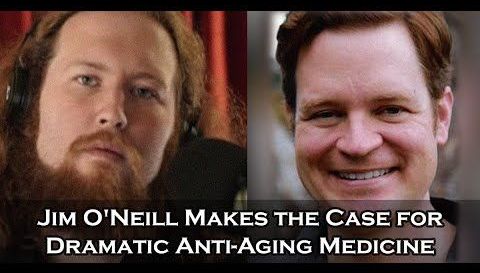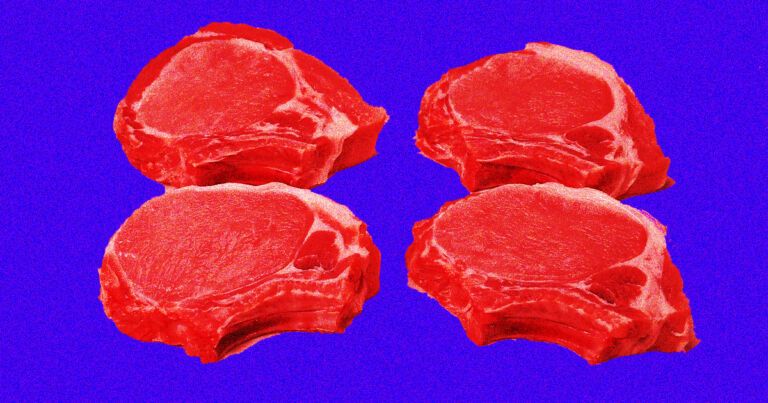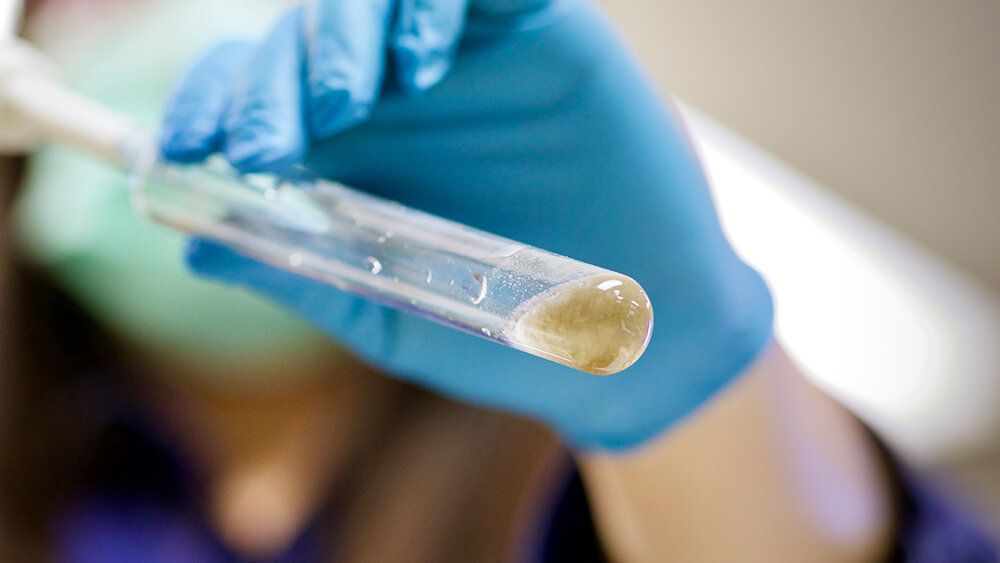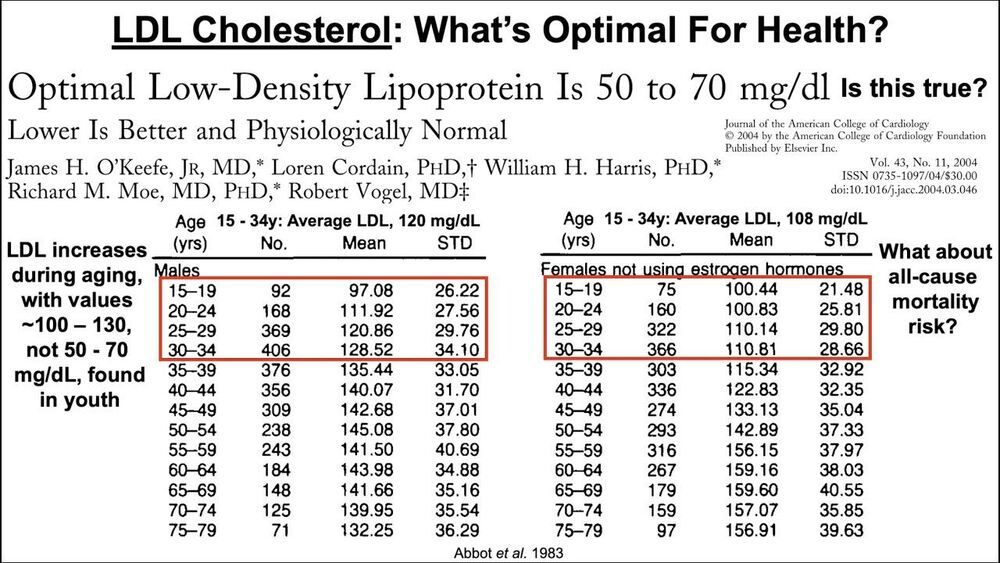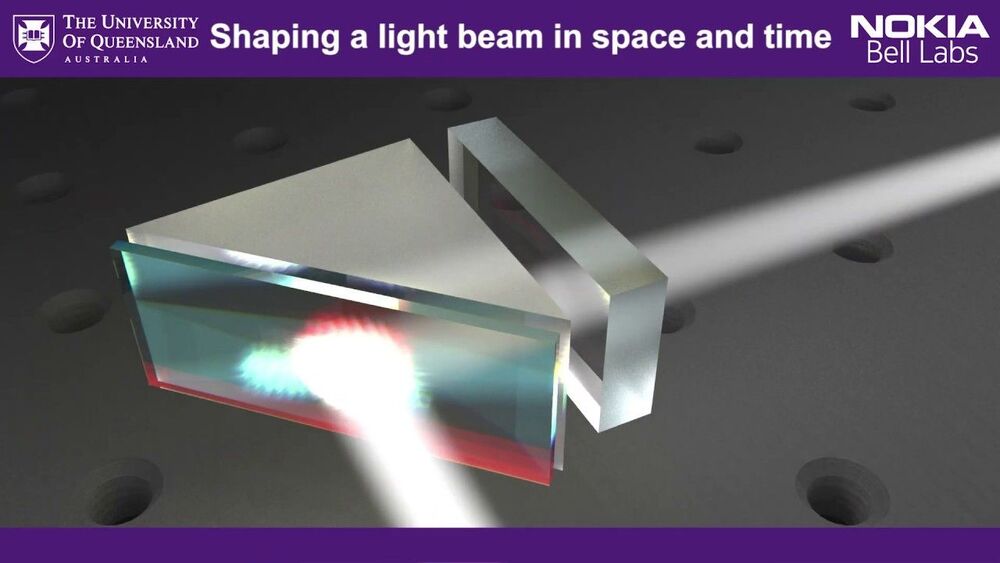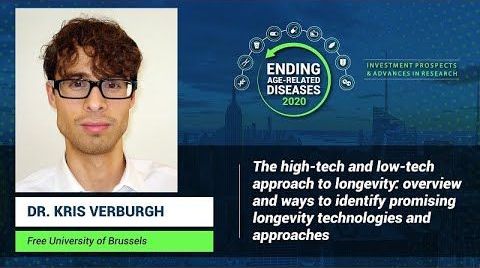Dec 15, 2020
Technologist Jim O’Neill Makes the Case for Dramatic Anti-Aging Medicine
Posted by John Davies in categories: biotech/medical, education, health
https://www.youtube.com/watch?v=cYvvid3jWRs
In this important conversation on health, David Gornoski sits down with Jim O’Neill, CEO of the SENS Research Foundation and former managing director of Thiel Capital. How do we effectively fight viruses such as COVID-19? O’Neill brings attention to the urgency of strengthening our immune systems. Why should we look into anti-aging? Anti-aging research, O’Neill says, looks into the possibility of targeting senescent cells where many diseases take hold. How soon can we see the results of this research? Given our societal norms, is overcoming death through scientific means something that we should look into? How does Christian teaching relate to the idea of overcoming death in time and space?
Visit SENS Research Foundation here:
https://www.sens.org/
Follow Jim O’Neill on Twitter here:
https://twitter.com/regardthefrost/
Continue reading “Technologist Jim O’Neill Makes the Case for Dramatic Anti-Aging Medicine” »
